Gambia
The Gambia is the official name of the smallest West African country. Yes, there is the need to put a definite article ‘The’ in front of Gambia.
Gambia – referred to as the smiling coast of Africa – shares that ‘pleasure’ with ‘The Bahamas.’ An English language expert, David Crystal explained why ‘The Gambia’ is ‘The Gambia.’
In an interview with the BBC, Crystal disclosed that two reasons came to play in arriving at that official position.
The Portuguese who first explored the country named it after the river known as ‘The River Gambia.’ The Portuguese thus named it ‘The Gambia.’ [In Portuguese A Gâmbia] So when Britain took over, they maintained that name.
A year to the attainment of independence in 1964, the then Prime Minister officially sought the consent of the Permanent Committee on geographical names based in the UK to keep the official title of ‘The Gambia.’
The reason was because of Zambia, The Gambia didn’t want to be confused with their Southern African brothers, Zambia seeing that only the first alphabets in their names are different.
The Commission which looks after naming of geographical locations in the world accented to the request.
Deserted coast of The Gambia as tourists are evacuated
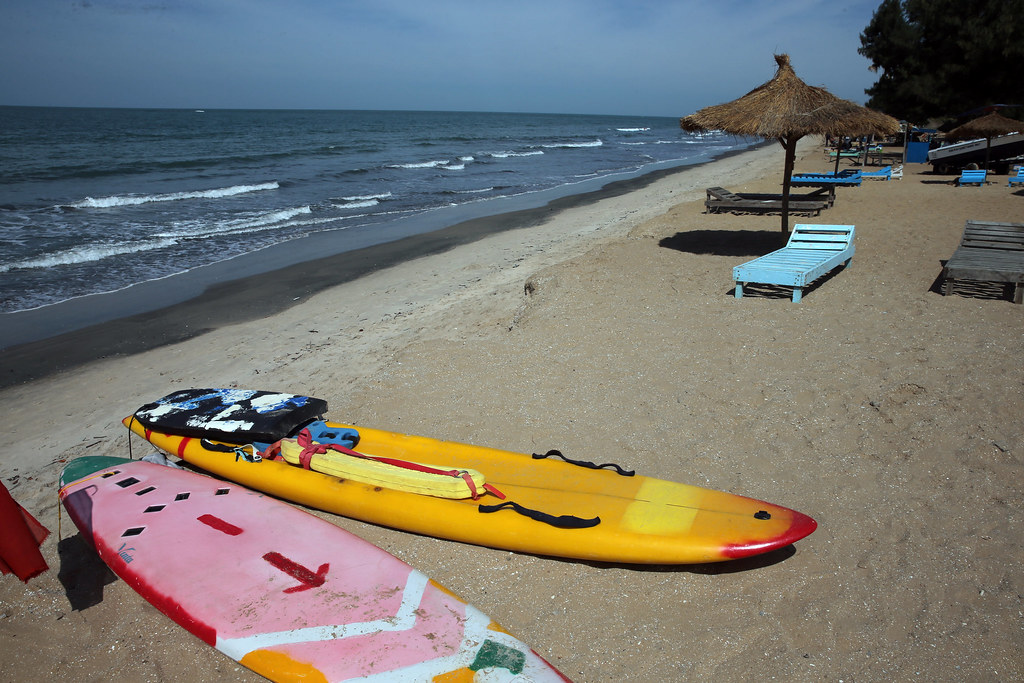 An empty beach is seen at Senegambia, a day after the country declared a state of emergency, in Banjul, Gambia January 18, 2017.
An empty beach is seen at Senegambia, a day after the country declared a state of emergency, in Banjul, Gambia January 18, 2017.
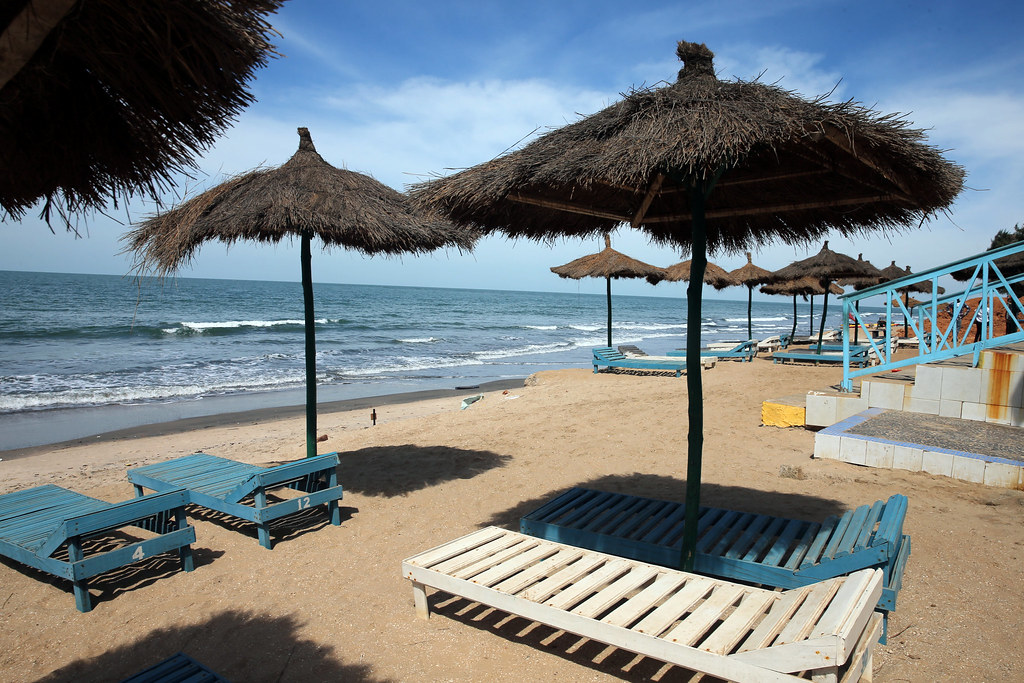 An empty beach is seen at Senegambia a day after the country declared a state of emergency, in Banjul, Gambia January 18, 2017.
An empty beach is seen at Senegambia a day after the country declared a state of emergency, in Banjul, Gambia January 18, 2017.
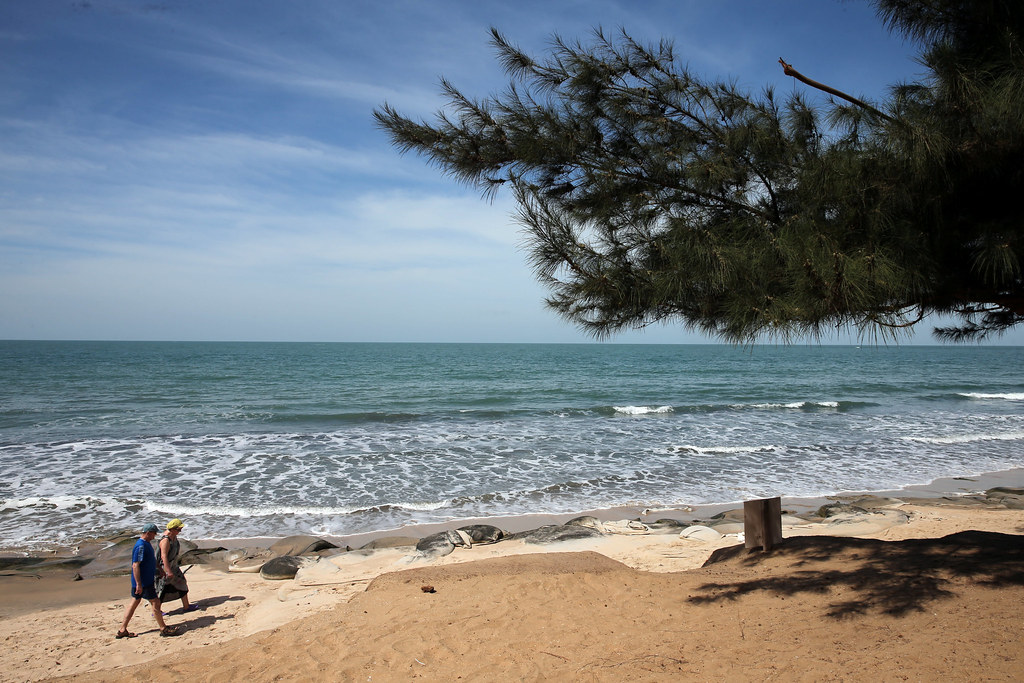 Two tourists walk by the beach in Senegambia a day after the country declared a state of emergency, in Banjul, Gambia January 18, 2017.
Two tourists walk by the beach in Senegambia a day after the country declared a state of emergency, in Banjul, Gambia January 18, 2017.
Photo Credit: Reuters



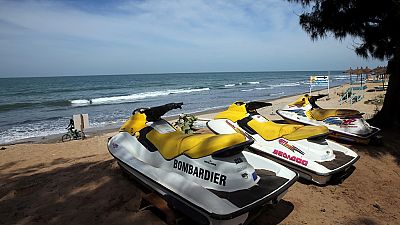

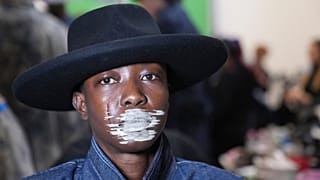


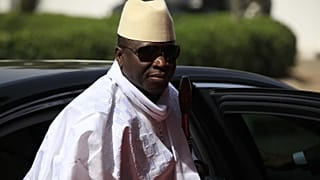
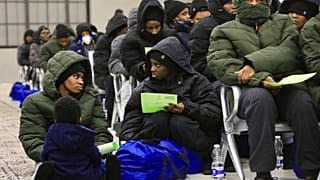
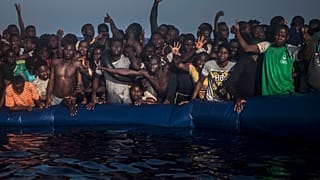

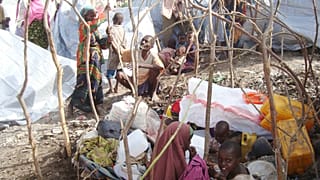

01:51
In Ivory Coast, cocoa farmers have nobody to sell their produce to
00:29
Africa tourism up by 8% as global tourism hits record high
01:01
Minneapolis businesses and shopping malls stay empty over fears of ICE patrols
00:59
Cameroon opposition leader denies talks with government
01:17
Ex-Jammeh death squad leader pleads not guilty as landmark Gambia trial opens
01:00
Ai Weiwei launches first solo exhibition in India